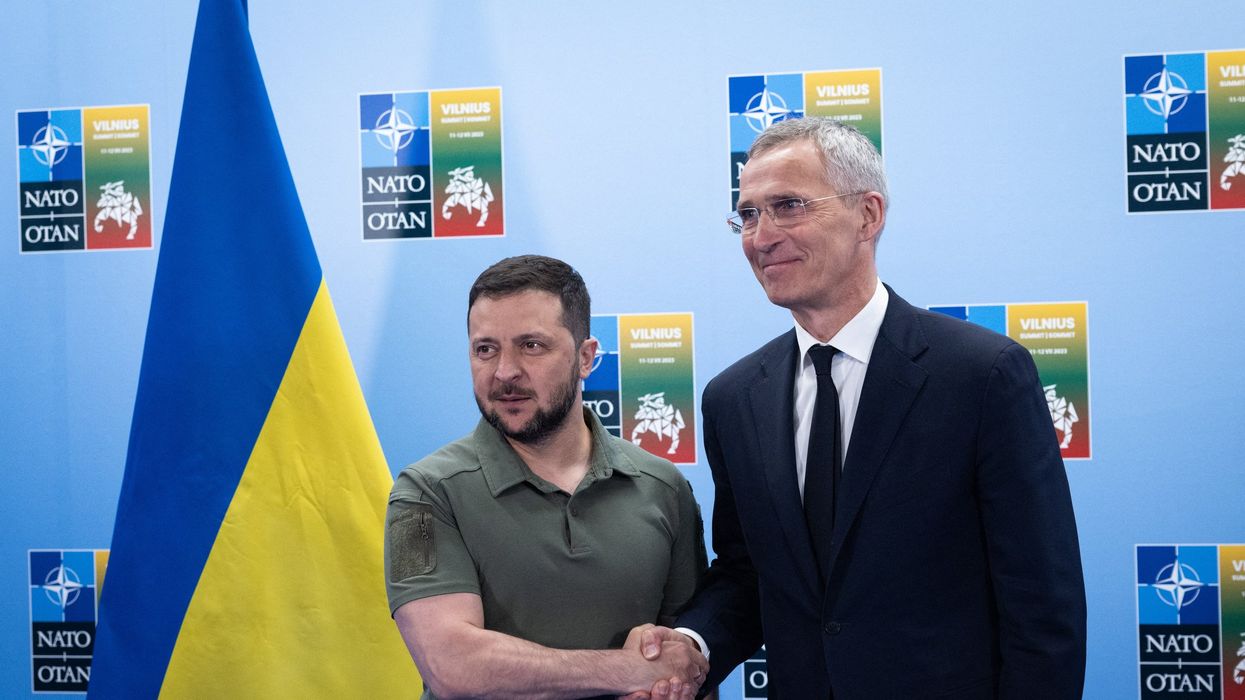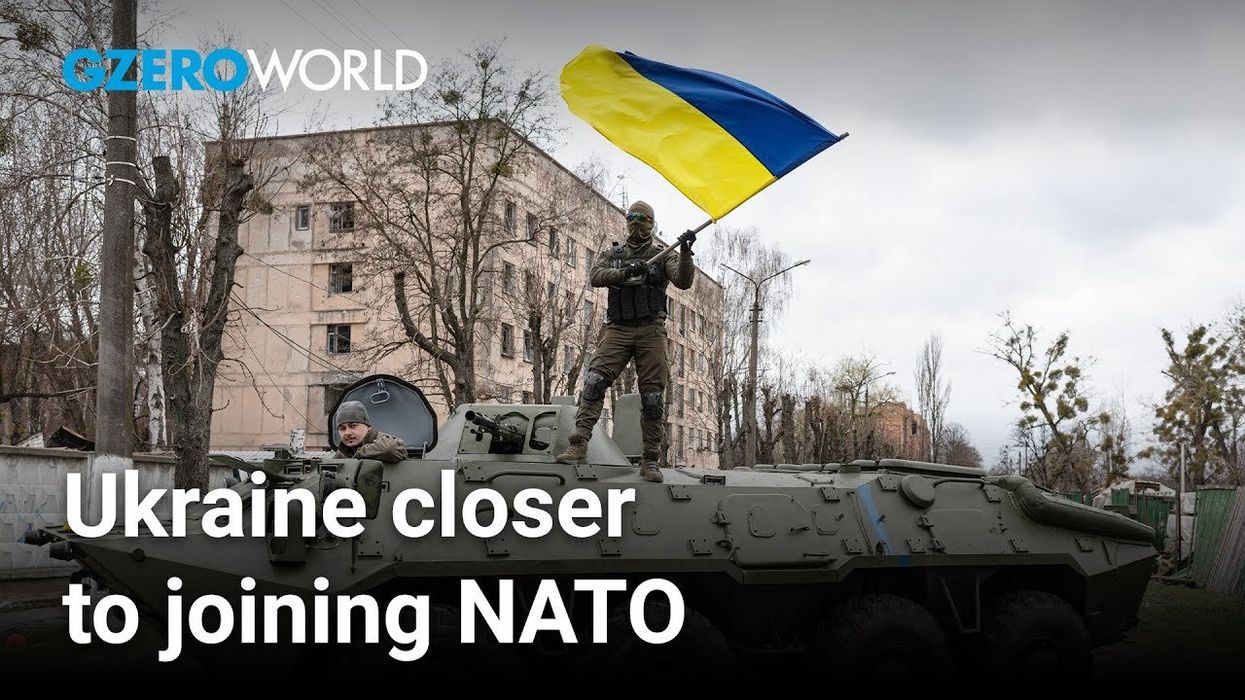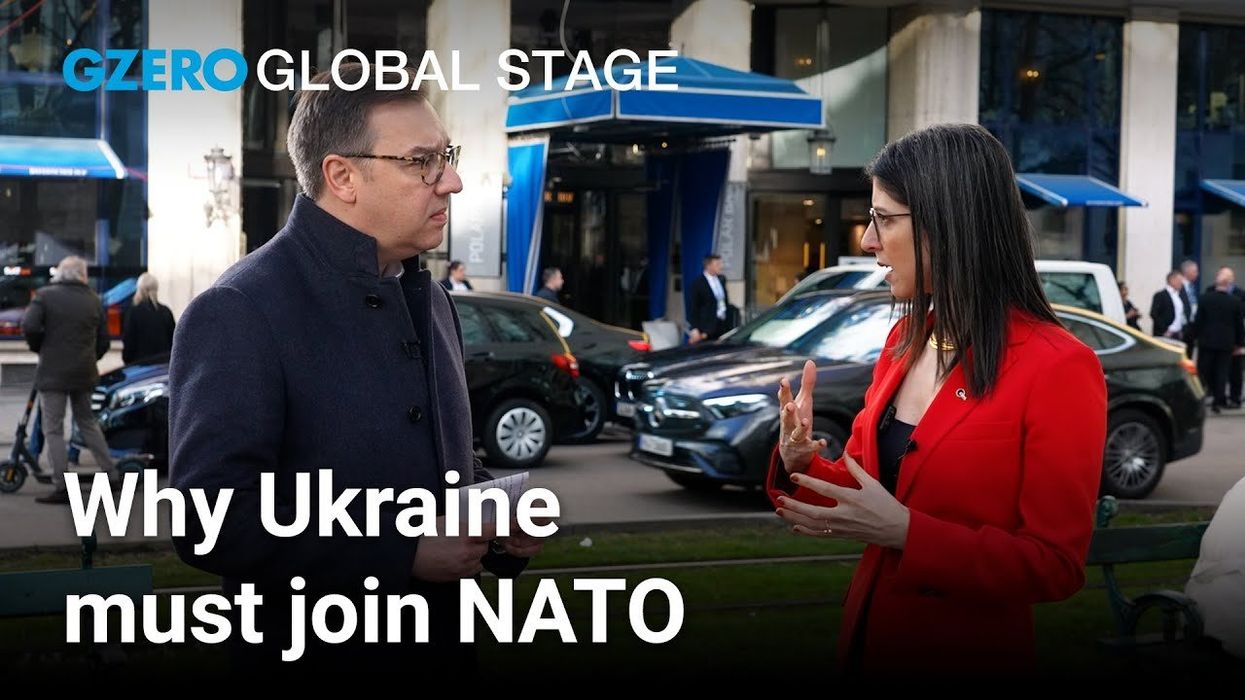What We're Watching
Ukraine gets a NATO promise, sort of
NATO allies will reportedly announce today that Ukraine’s progress towards joining the organization is “irreversible.” The language will appear in the joint communiqué released by the alliance to conclude its three-day summit in Washington.
Jul 10, 2024





